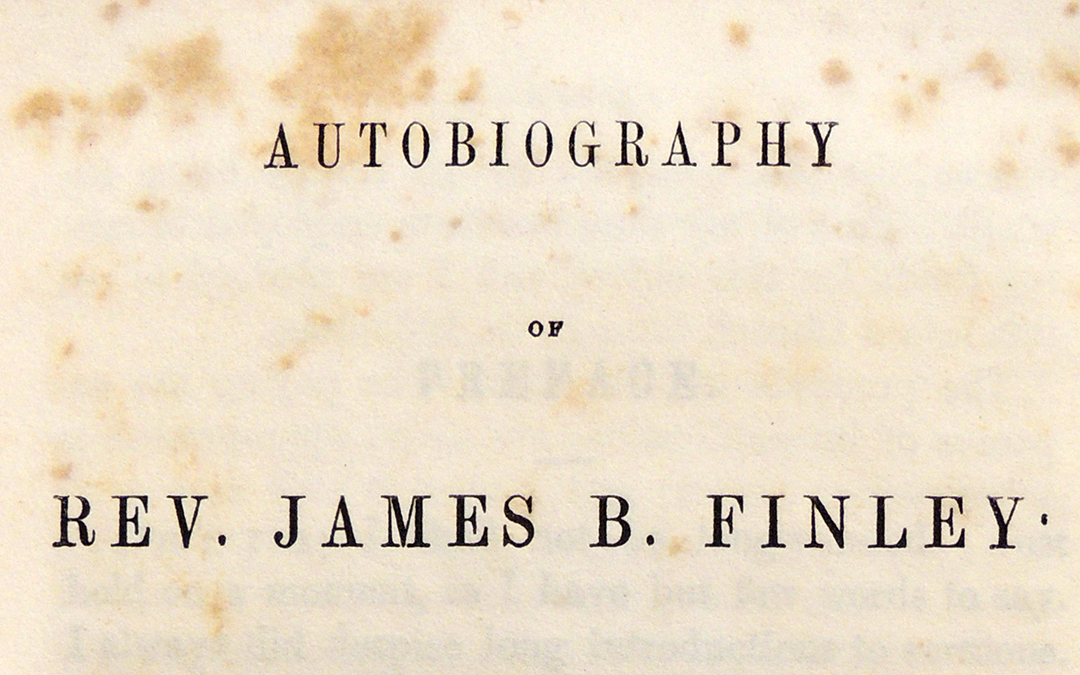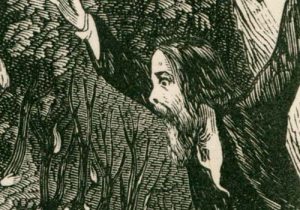
1805-1809, American Antiquarian Society, Autobiographies & Biographies, Barking Exercise, Dancing Exercise, Falling Exercise, Laughing Exercise, Methodists
“These strange exercises that have excited so much wonder in the western country came in toward the last of the revival, and were, in the estimation of some of the more pious, the chaff of the work. Now it was that the humiliating and often disgusting exercises of dancing, laughing, jerking, barking like dogs, or howling like wolves, and rolling on the ground, manifested themselves….”
1810-1815, 1816-1860, American Antiquarian Society, Barking Exercise, Dancing Exercise, Falling Exercise, Laughing Exercise, Magazines & Newspapers, Other Bodily Exercises & General References, Presbyterians, Running Exercise
“The phenomenon of…suddenly falling or sinking down, under religious exercises, has not been uncommon in times of great excitement…. But the bodily agitation called the jerks is a very different affection….”
1810-1815, Books, Essays & Treatises, Dancing Exercise, Other/Unknown, Robert Rose, William S. Bryan
“It was about the year 1814, as near as we can ascertain—for there was no record kept of the matter—that the singular religious phenomenon called the “jerks” began to make its appearance at the camp-meetings….”
1816-1860, American Antiquarian Society, Anonymous/Unknown, Dancing Exercise, Magazines & Newspapers, Other Bodily Exercises & General References, Other/Unknown
“The duration of this epidemic was much shorter than that of most of those in Europe. In a little more than a twelve-month, it had almost entirely disappeared…. It was to the scenes enacted at this time, we believe, that the epithet ‘Jerks’ was first applied.”
1816-1860, American Antiquarian Society, Books, Essays & Treatises, Other Bodily Exercises & General References, Presbyterians
“In those remarkable bodily affections, called the jerks, which appeared in religious meetings some years ago, the nervous irregularity was commonly produced by the sight of other persons thus affected; and if in some instances without the sight, yet by having the imagination strongly impressed by hearing of such things….”

